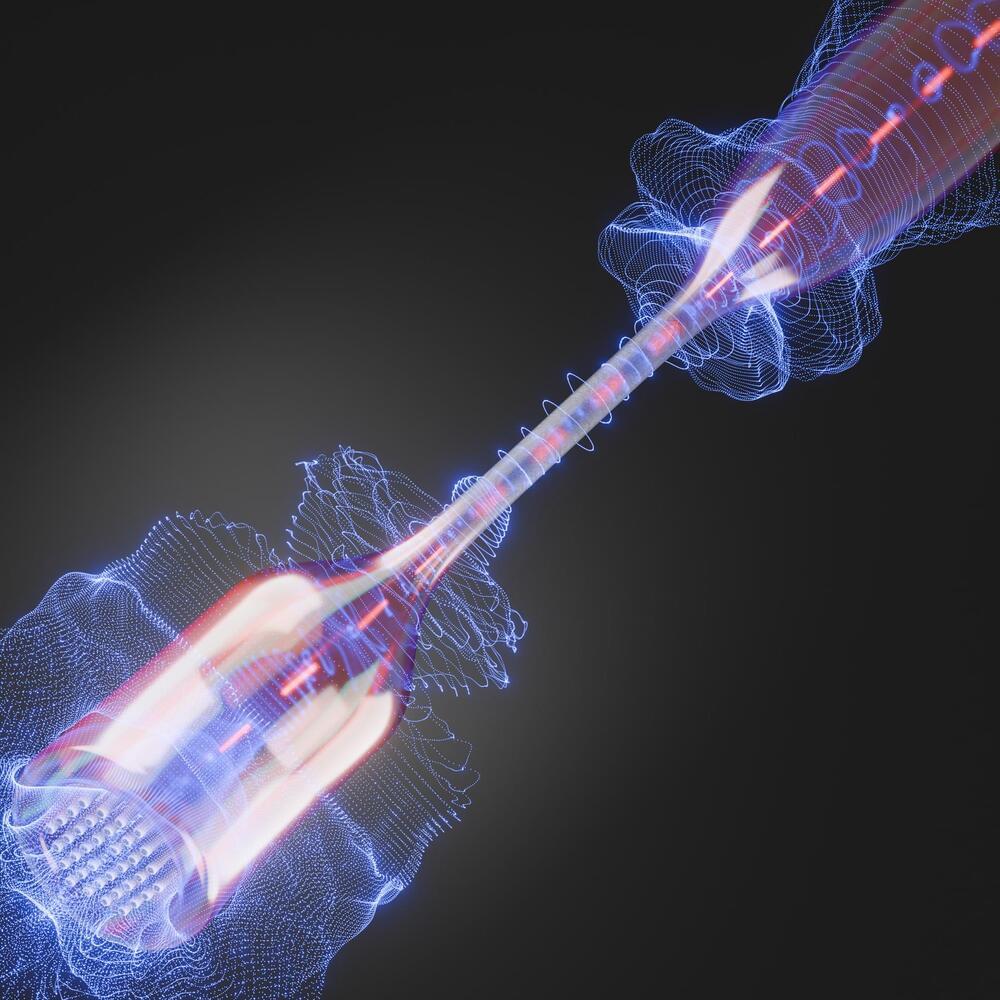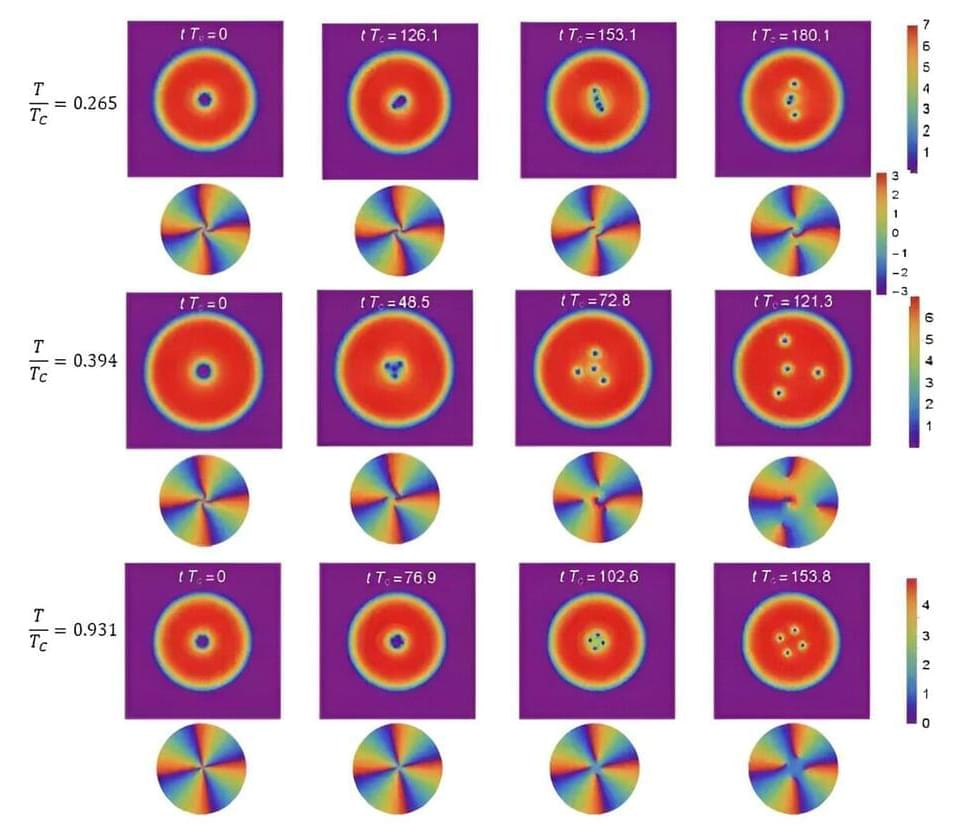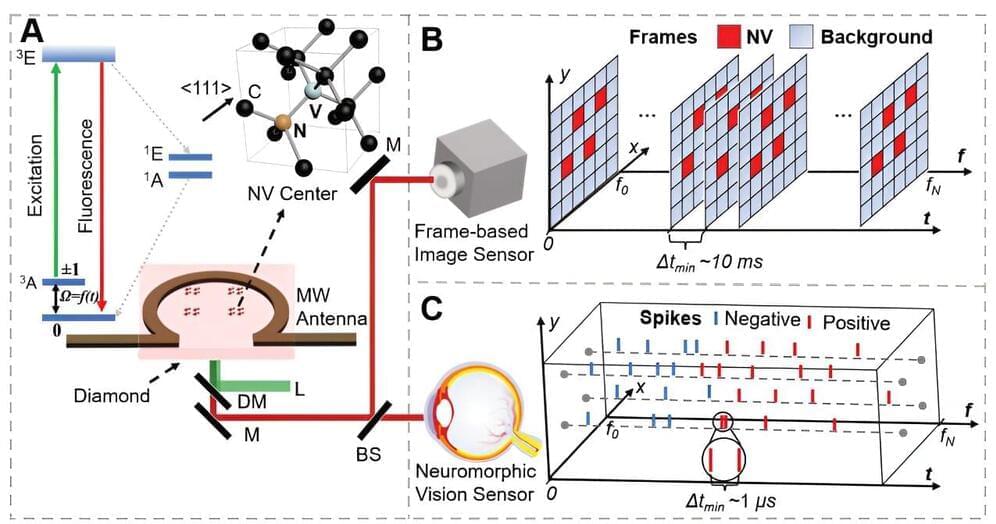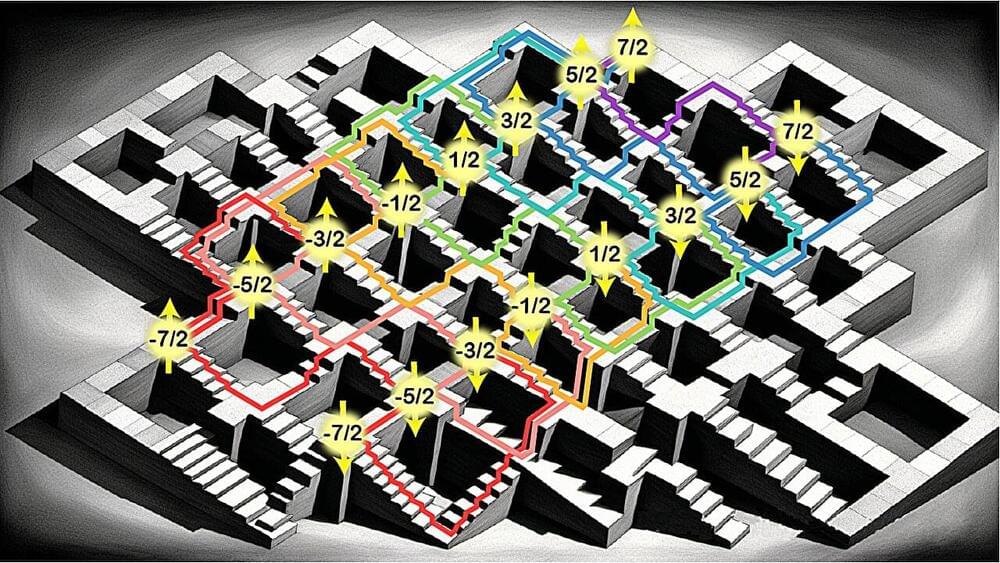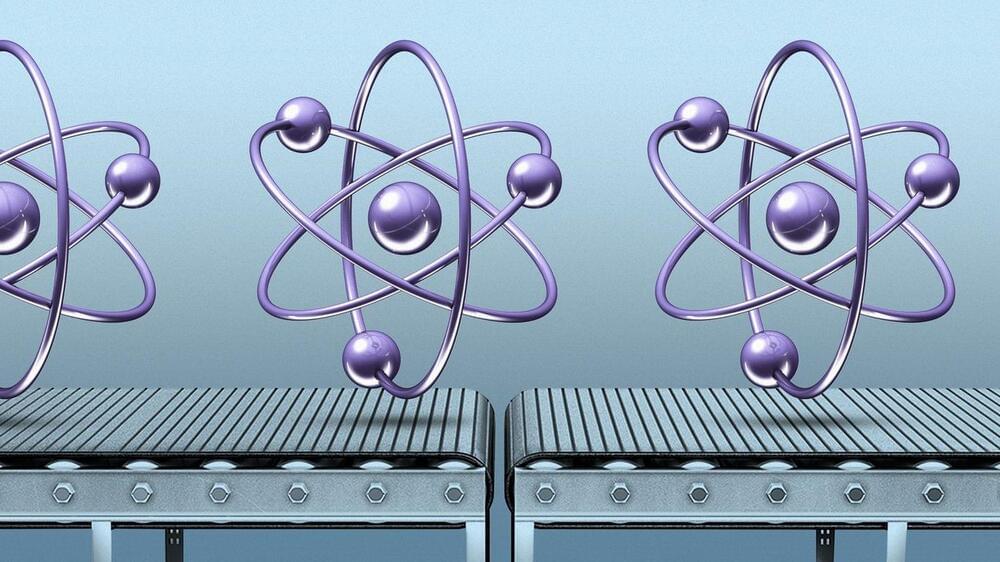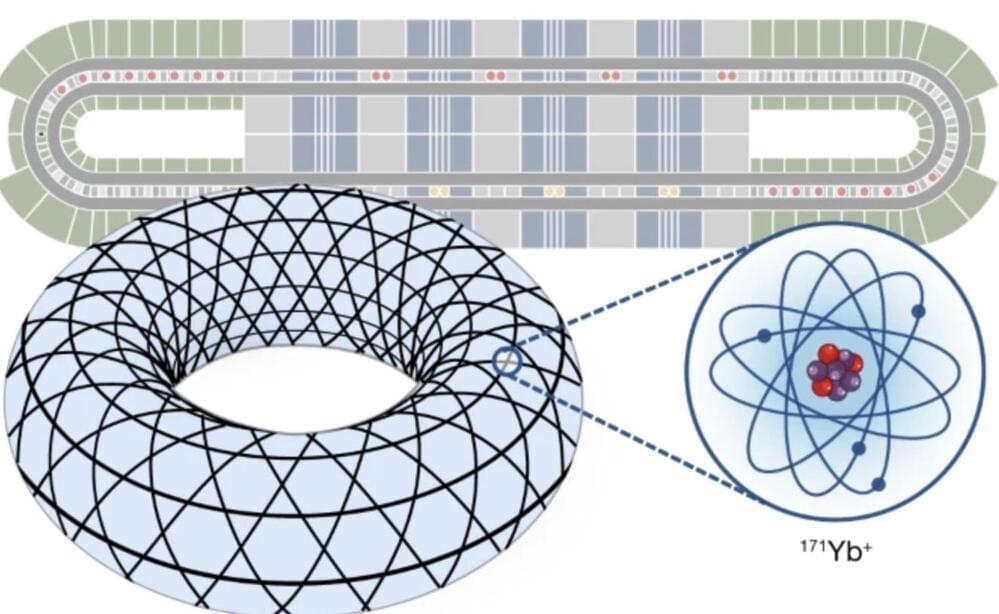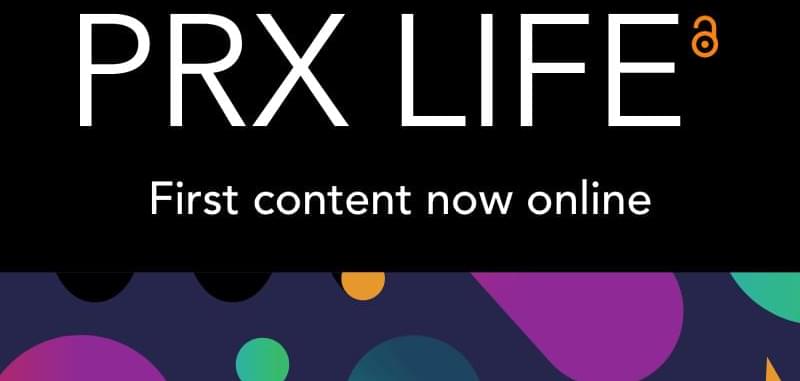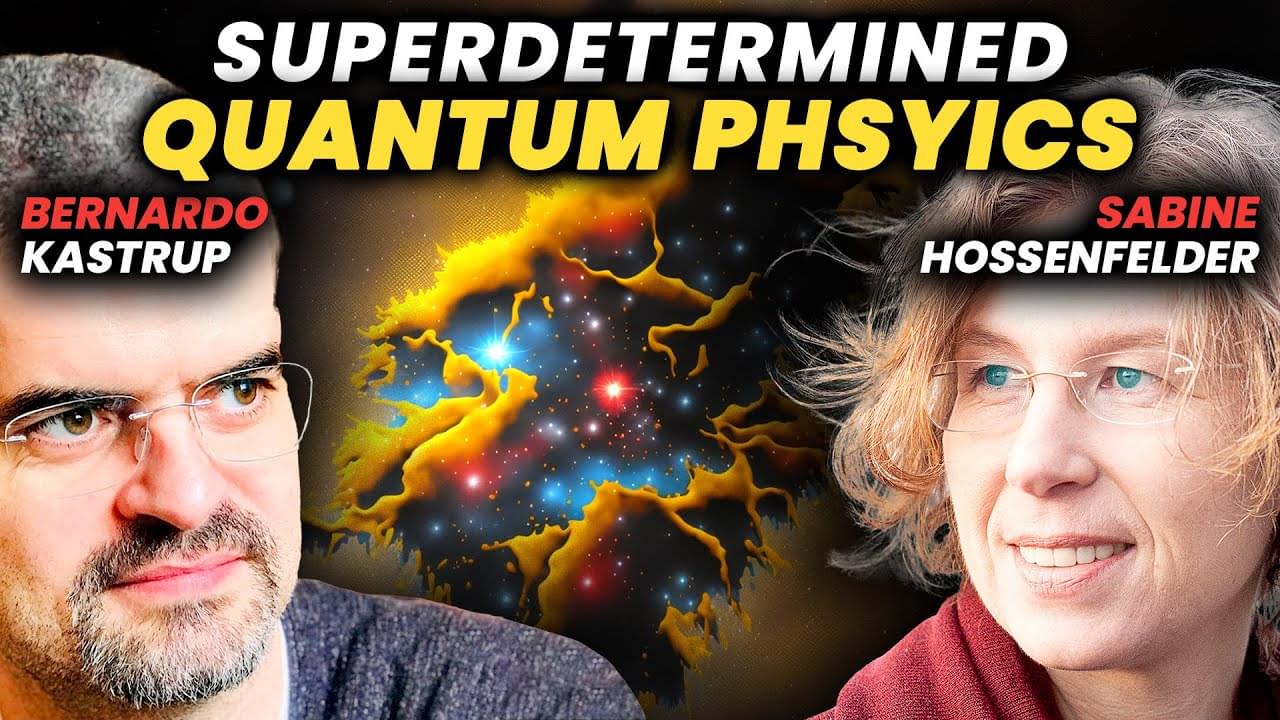The quantum ground state of an acoustic wave of a certain frequency can be reached by completely cooling the system. In this way, the number of quantum particles, the so-called acoustic phonons, which cause disturbance to quantum measurements, can be reduced to almost zero and the gap between classical and quantum mechanics bridged.
Over the past decade, major technological advances have been made, making it possible to put a wide variety of systems into this state. Mechanical vibrations oscillating between two mirrors in a resonator can be cooled to very low temperatures as far as the quantum ground state. This has not yet been possible for optical fibers in which high-frequency sound waves can propagate. Now researchers from the Stiller Research Group have taken a step closer to this goal.
